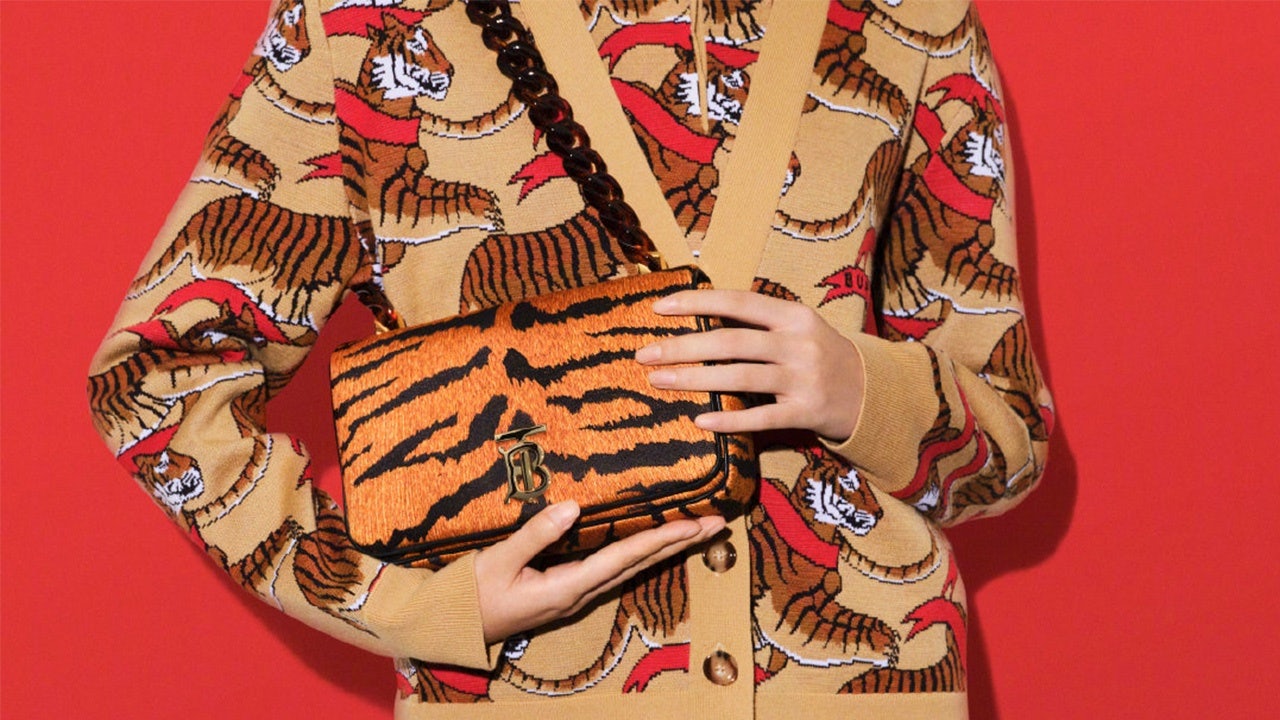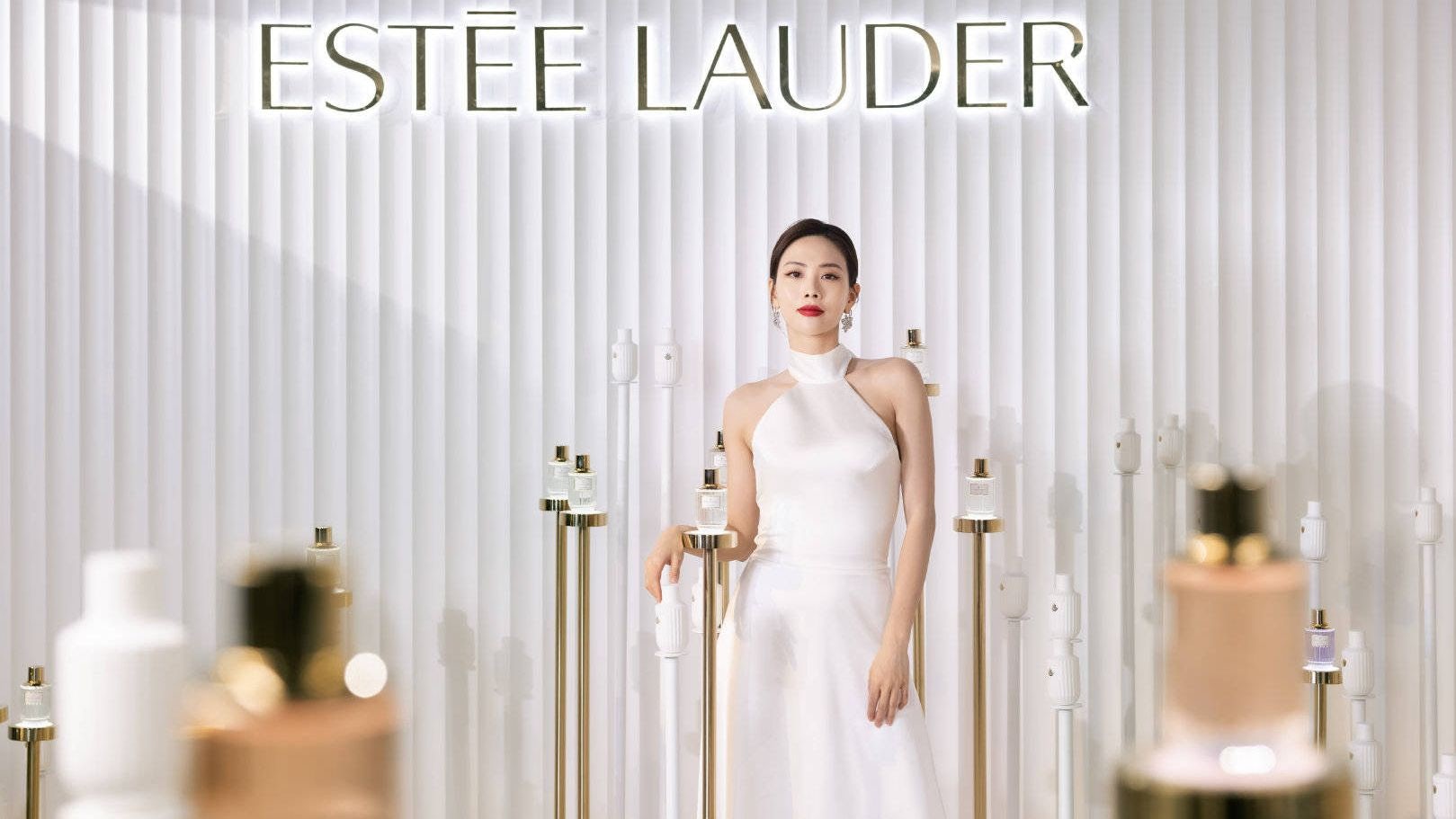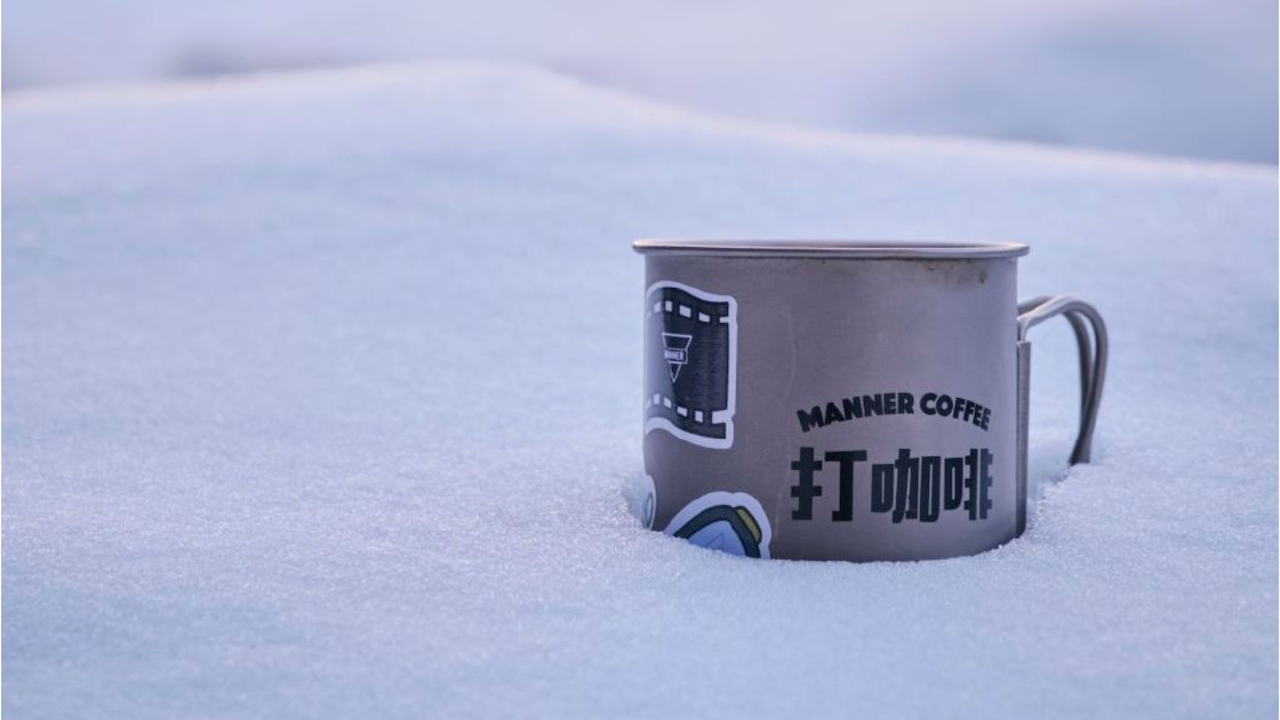Index Moves#
is our monthly analysis of the biggest climbs and drops on The Jing Daily KraneShares China Global Luxury Index, which tracks the global market performance of the luxury sector. The Index relies on the Jing Daily Global Luxury Score and Jing Daily Brand Awareness in China Score in addition to fluctuations in market cap and stock closing price. Below, we highlight luxury brand moves for the month ending December 31, 2021.
Without exception, shares in all of the Chinese companies on the Jing Daily KraneShares China Global Luxury Index fell during December as investors suddenly grew cautious about their performance over the year ahead.
China’s zero-COVID policy is largely to blame, analysts say. “This zero-COVID policy has put a lot of pressure on the economy," says Ling Xie, an analyst at Credit Suisse. "If we look on social media, anecdotal reports suggest that people are being cautious and minimizing their travel even when COVID-19 isn't in their area,”
Consumer spending has been “impacted by the government's zero-tolerance approach to COVID-19 outbreaks,” adds a Deutsche Bank research note from last month. As such, it caused China’s retail sales to miss analyst expectations.
And China's massive online retailers Alibaba and JD.com saw their share prices fall as a result. Clothing sales got hit particularly hard and drove market losses at Chinese brands Li-Ning and Anta Sports.
Tech stocks, including Tencent, Baidu, and Weibo, rallied on the last day of the year, but those gains were not to last. The announcement of new regulations surrounding Chinese companies’ overseas listings and another law restricting their use of algorithms forced many to dump tech stocks in the new year. Unusually, it was not just Western investors selling but Mainland Chinese shareholders, too. “For the first time since 2018, shareholders from China were net sellers of Hong Kong stocks in the second half last year,” saysBloomberg.
But there is still optimism in the market. The Chinese Spring Festival falls between January 31 and February 6, 2022. Although it “may be a bit more subdued in travel terms this year,” says Deutsche Bank, luxury spending should still hold up. “In China, the holiday season is a very big driver of consumer demand, and these big luxury brands are doing more and more marketing,” says Xie.
Then there is the Winter Olympics on February 4, which business analyst at Daxue Consulting Antonello Germano says will drive luxury demand even further. "As [the Games] are expected to get 300 million people active in winter sports by 2025, demand for stylish winter apparel and accessories is bound to rise.”
Despite the US diplomatic boycott of the Beijing Winter Olympics, Western brands are expected to do well due to the event, with Burberry, Fendi, Moncler, Canada Goose, and others seeing higher sales of their winter lines, thanks to special editions and pop-up stores. “The best selling coats in the under-RMB 10,000 category are Canada Goose," says Yoyo Liang, chief client officer at Re-Hub. "They're taking it by storm.”
But it is what happens after the Winter Olympics that will shape the Jing Daily KraneShares China Global Luxury Index for the rest of the quarter, if not the year. A relaxing of China's COVID-19 restrictions could give luxury stocks a mini-boom if shoppers rush out to stores as they did across Europe and the US last year. But with just one month to go, very few analysts or investors are hopeful.


